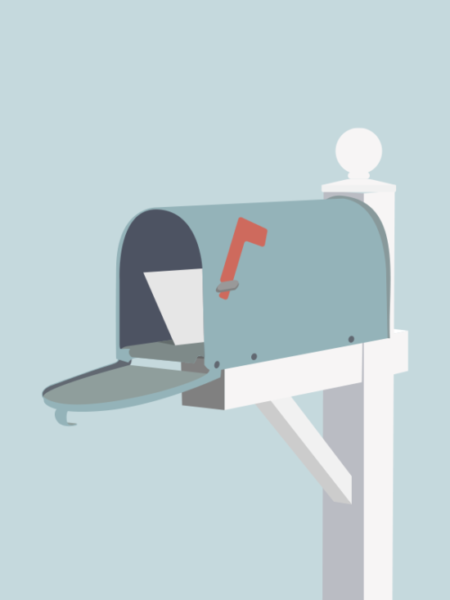Preparation and a little tax knowledge will go a long way toward getting a good tax rebate.
Tax season can be overwhelming in the best of times, but if you haven’t thought about your returns (and tax rebates!) since you last filed, it can be downright terrifying.
People with straightforward returns may find themselves trying to track down receipts for forgotten children’s activities, while those treading through more complicated financial terrain may fret about making an error that could cost them dearly.
“People think about taxes for two weeks of the year, instead of thinking about how they can arrange their affairs in order to maximize what they get after tax,” said Rick Robertson, a tax expert and accounting professor with Western University’s Ivey Business School in London, Ont.
“At tax time, all you’re doing is complying.”
Being prepared for tax season can be as simple as creating a folder to hold receipts throughout the year and keeping track of anything you think may be useful come spring. That would include your T4 slips from an employer, investment statements, tuition or daycare forms or an application for a caregiver’s credit if, for instance, you have an elderly parent living with you.
It’s also a good idea to spend some time thinking about your personal situation and how it will be seen in the eyes of the Tax Act, said Robertson. A common-law partner, for instance, could be considered a spouse under the law, as well as someone to whom you can transfer benefits or make claims on behalf of.
“You gotta know a little bit of tax law because the only person who will know you’re entitled to (certain deductions) is you,” added Robertson.
“You need to be aware that you may be entitled to that claim.”
Robin Taub, a chartered professional accountant and tax consultant in Toronto, says Canadians tend to overlook deductions on expenses such as supplies for a home office and children’s activities.
To make sure you’re not forgetting about those swimming classes your kids took eight months ago, she suggests sitting down with last year’s notice of assessment to see the types of items you claimed in the past.
Having a sense of what you’re entitled to can also help steer you away from expenses you shouldn’t be claiming, Taub said, noting people often mistakenly think they can claim things like vitamins or daily transit passes.
Once all your paperwork is in order, experts agree that unless you have complex holdings or an unusual income structure, the easiest way to complete your tax return is by using a tax software program.
Programs like TurboTax or UFile are inexpensive and allow you to complete returns for all your family members. They usually ask questions to identify which credits you’re entitled to, and help guide you through the filing process.
If you make a mistake, you can correct it using a T1 adjustment form, Robertson said. And he observes that it’s better to own up to an error right away than to have Revenue Canada find out about it later.
That way, you’ll still get charged interest for any amount you failed to pay taxes on, but you may not get a penalty.
It’s also important to file on time – even if you don’t think you owe any money.
“If you file late and you owe tax, there is a penalty, if it’s your first time, of five per cent of the tax owing and then an interest charge at one per cent a month for each month that the balance is outstanding,” Taub said.
“Even if you can’t pay all the tax on April 30, at least file the return on time and avoid having to pay that penalty.”




